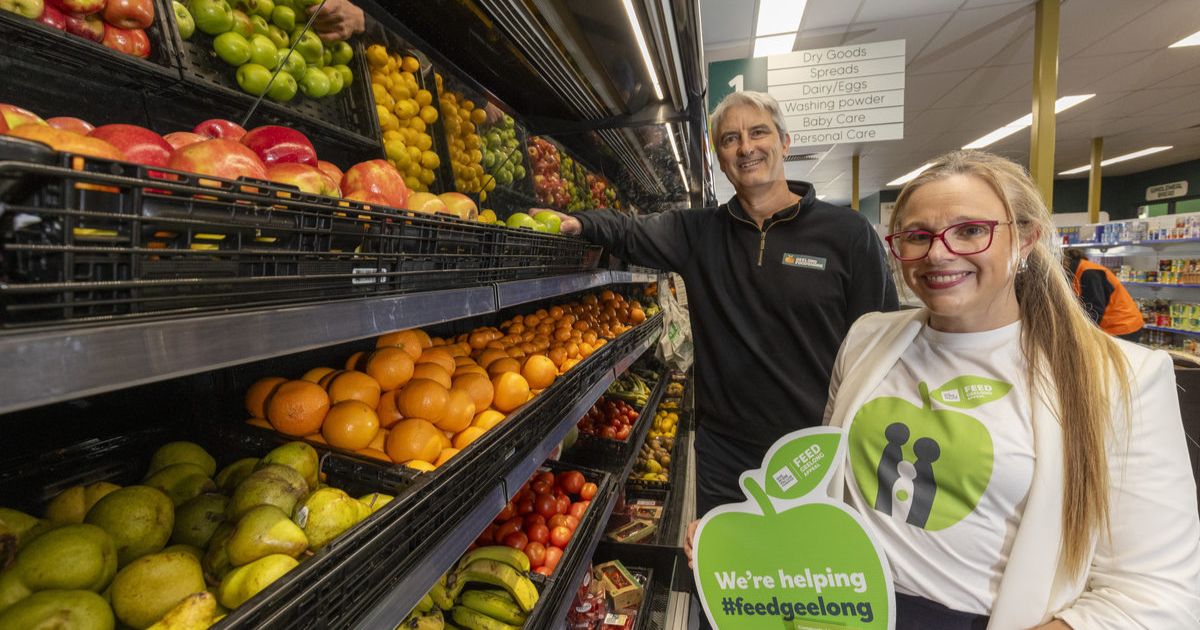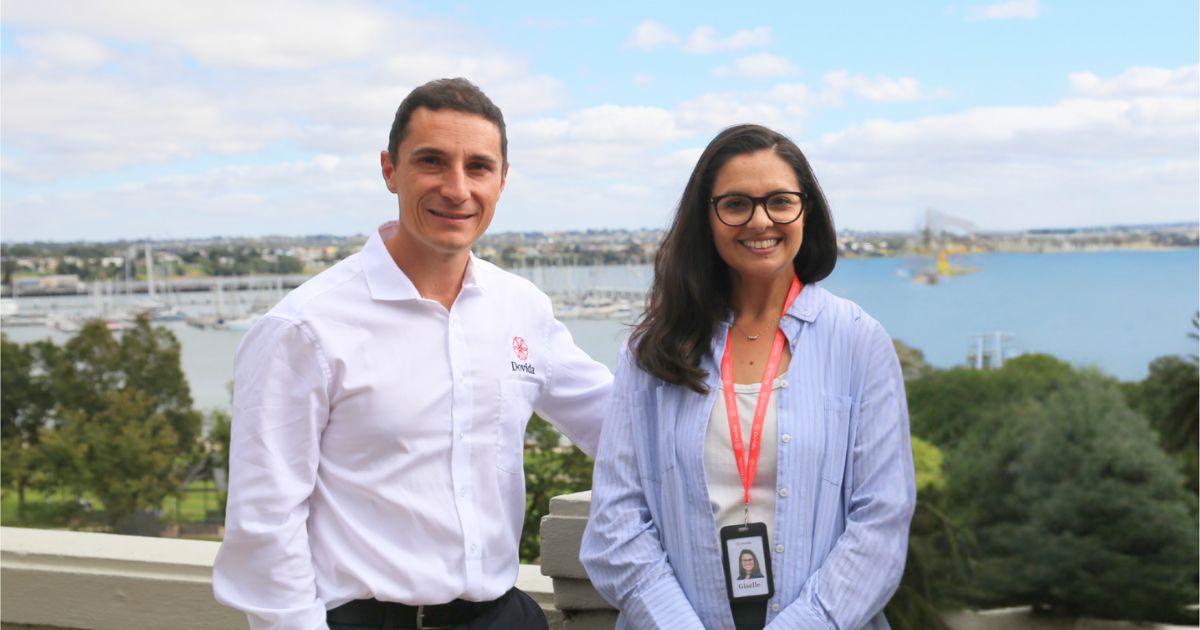Plug it in: Ford factory could be key to national electric vehicle manufacturing
GEELONG’S former Ford factory could play a vital role in restarting Australia’s car manufacturing industry with electric vehicles (EVs), according to the author of new research from The Australia Institute.
The report, “Rebuilding Vehicle Manufacturing in Australia: Industrial Opportunities in an Electrified Future”, states Australia is uniquely blessed with advantages to attract and retain EV manufacturing and rebuild the nation’s car-making capacity, but this will not be met without major federal government intervention.
Dr Mark Dean from The Centre for Future Work at The Australia Institute, who authored the report, said it made sense for Australian EVs to be built at an existing but modified site such as the Ford plant in Norlane or the former Holden plant in Elizabeth, South Australia, where most of the capital equipment was left in place when it closed in 2017.
“It’s not just that the major manufacturing machinery still sits in place at Elizabeth and Geelong, it’s that these are former major manufacturing plants that influenced the development of local component suppliers, related services industries and even training and qualifications institutions – TAFE, for example, which has always been the primary provider of education to manufacturing workers in these regions,” Dr Dean said.
“With public support for retooling, reinvestment in new technologies and reskilling local workers – within the space of two to three years, an all-EV manufacturing facility could emerge on the former Ford car making site.
“The key is that government support in the form of an active, interventionist federal industry policy is essential to capturing the value in these assets and putting it to active use.”
He said despite Ford’s closure, Geelong’s historic development was still there.
“It is a major urban centre near to Melbourne’s port, meaning it is in proximity to an export facility, as well as a rail line that connects Geelong to the docks.
“In recent years, government services have headquartered themselves there, meaning there is a great deal of knowledge being generated by its local industries, particularly around new digital technologies and advanced forms of manufacturing.
“These are all strengths that would not exist without Geelong’s automotive industry history, and therefore they can quickly rally around new investments in automaking, if government invests in the skills system and the city’s infrastructure too.”
Sales of plug-in EVs tripled over the past year, from 6,900 in 2020 to 20,665 in 2021, and Electric Vehicle Council chief executive officer Behyad Jafari said the boost in sales was being driven by positive policy change at a state level.
“We desperately need the federal government to introduce Australian EV rebates alongside fuel efficiency standards, just like other developed nations. If we get these changes, you’ll see sales figures really rocket ahead.
“As a wealthy, car-loving, early-adapting nation, Australia should be an electric vehicle leader. If we were, we could restart a thriving manufacturing industry supporting thousands of quality jobs. But we need to build rapidly on this current momentum.”
Corangamite Labor federal member Libby Coker said she and Labor would “always fight for manufacturing” in the Geelong region.
“There is no reason why we can’t manufacture EV components here in the Geelong region. We have a proud record of car manufacturing on which to build.
“An Albanese Labor Government will deliver the nation’s first National Electric Vehicle Strategy. This will encourage Australian manufacturing of electric vehicle car components, especially batteries, and possibly cars themselves.”


















